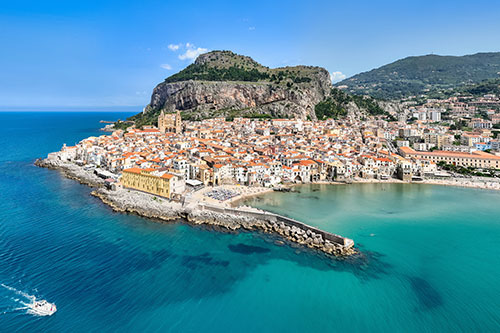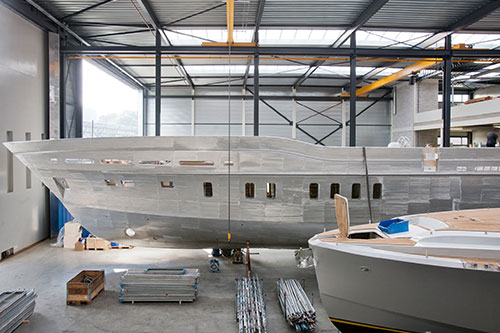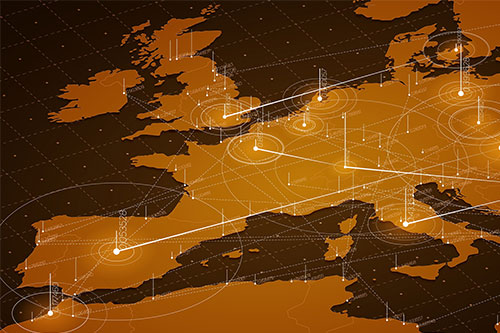Decarbonizing The Global Cable Network Project Wins Grant
Project Aims to Green the Internet’s Undersea Infrastructure
SubOptic Foundation Press Release
Miami, Fl – January 26, 2021
The SubOptic Foundation announces today that “Decarbonizing the Subsea Cable Network,” led by an international group of researchers, will be awarded a US $200,000 “Greening the Internet” grant by the Internet Society Foundation to provide new answers to the tricky question of “What is the carbon footprint of the Internet?”. Drawing upon scholarly, legal, and industry expertise, the research team will work closely with the owners and operators of the Internet's fiber-optic subsea cable network to develop greener operations for global communication.
The project is an initiative of the Global Citizen Working Group of SubOptic, the association of the subsea cable industry, and the first project of the newly established SubOptic Foundation. The “Decarbonizing” study is a pioneering attempt to track carbon emissions at an industry-wide scale, an effort that will span all six continents that subsea cables connect.
Decarbonizing the Subsea Cable Network project members include: Simon Appleby (Subsea Environmental Services), Bruce M. Howe (Joint Task Force SMART Subsea Cables; and University of Hawaii at Manoa), Antoine Lecroart (Alcatel Submarine Networks), Jacky Liang (TelcoX Co. Limited), Anne Pasek (Trent University), Nicole Starosielski (New York University), Thomas Simpson, Anjali Sugadev (independent legal consultant and recipient of 2015 Rhodes Academy Submarine Cables Writing Award), and Hunter Vaughan (University of Colorado Boulder).
While most studies of the Internet’s climate impact have focused on data centers, the “Decarbonizing” team will look underwater for answers, offering the first carbon footprint assessment of subsea cables—a global network that currently carries 99% of transoceanic Internet traffic. The project will offer ways to mitigate the carbon intensity of this vital component of contemporary telecommunications. It will chart best practices and cutting-edge opportunities for decarbonization, the international and national regulations on carbon emissions as applicable to subsea cables, and the social impacts of “greening” the Internet's subsea backbone.
“The carbon intensity of the Internet is rapidly growing, which is a real cause for concern for climate researchers and activists,” states Anne Pasek of Trent University, one of the PIs on the project. “In order to address this problem, we need to study the physical infrastructure of the Internet in a global and environmental way, following the cables of our digital systems into the remote places and installations that keep us connected. Changes in these locations can have big impacts on the communities that host critical infrastructures as well as the planet as a whole.”
The project has already confirmed its first two participants. GlobeNet owns and operates a dual ring-protected, fiber optic subsea cable system that spans more than 26,000 km across the Americas, and carrier-neutral colocation, CLS and Edge Data Center facilities. NJFX (New Jersey Fiber Exchange) is a carbon-neutral cable landing station campus that has made extensive investments in sustainability. Impactful measures include not using water to cool the facility and during the winter months, it uses outside air economizers for free cooling to support its colocation environment.
– END –
About The SubOptic Foundation
The SubOptic Foundation is a charitable, 501(c)(3) organization with a focus on education and research initiatives that lay the groundwork for a better future for the subsea cable industry and the global communications fabric. Learn more at http://www.subopticfoundation.org/.
Media Contacts:
Hunter Vaughan
404-226-2218
Jaymie Scotto & Associates (JSA)
+1 866-695-3629 ext. 6












